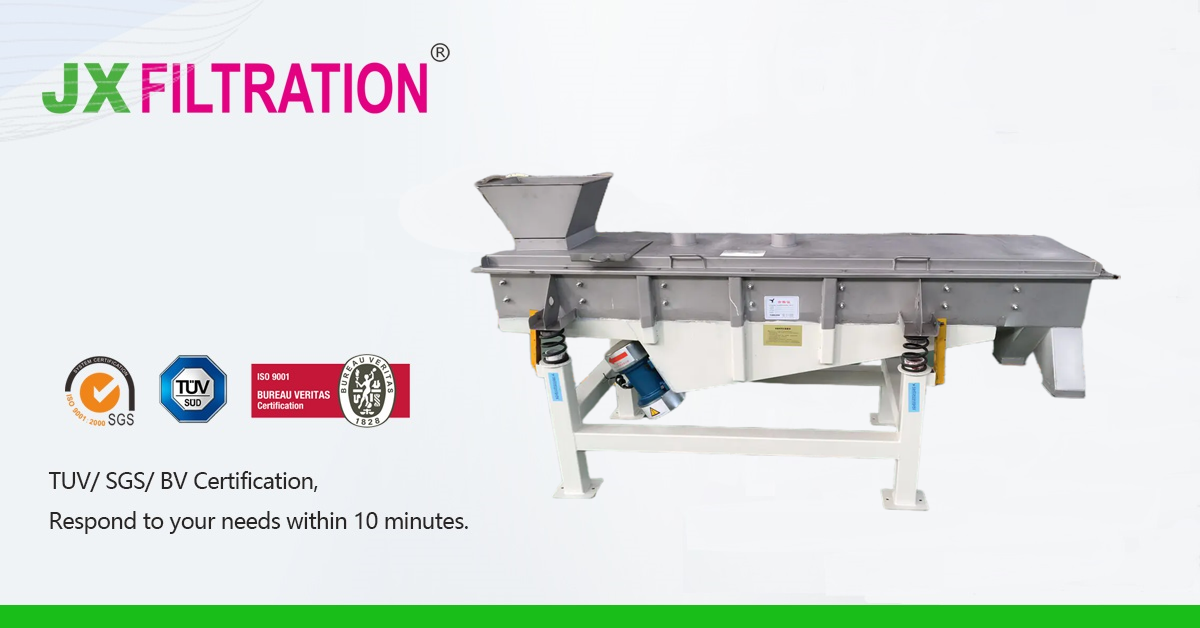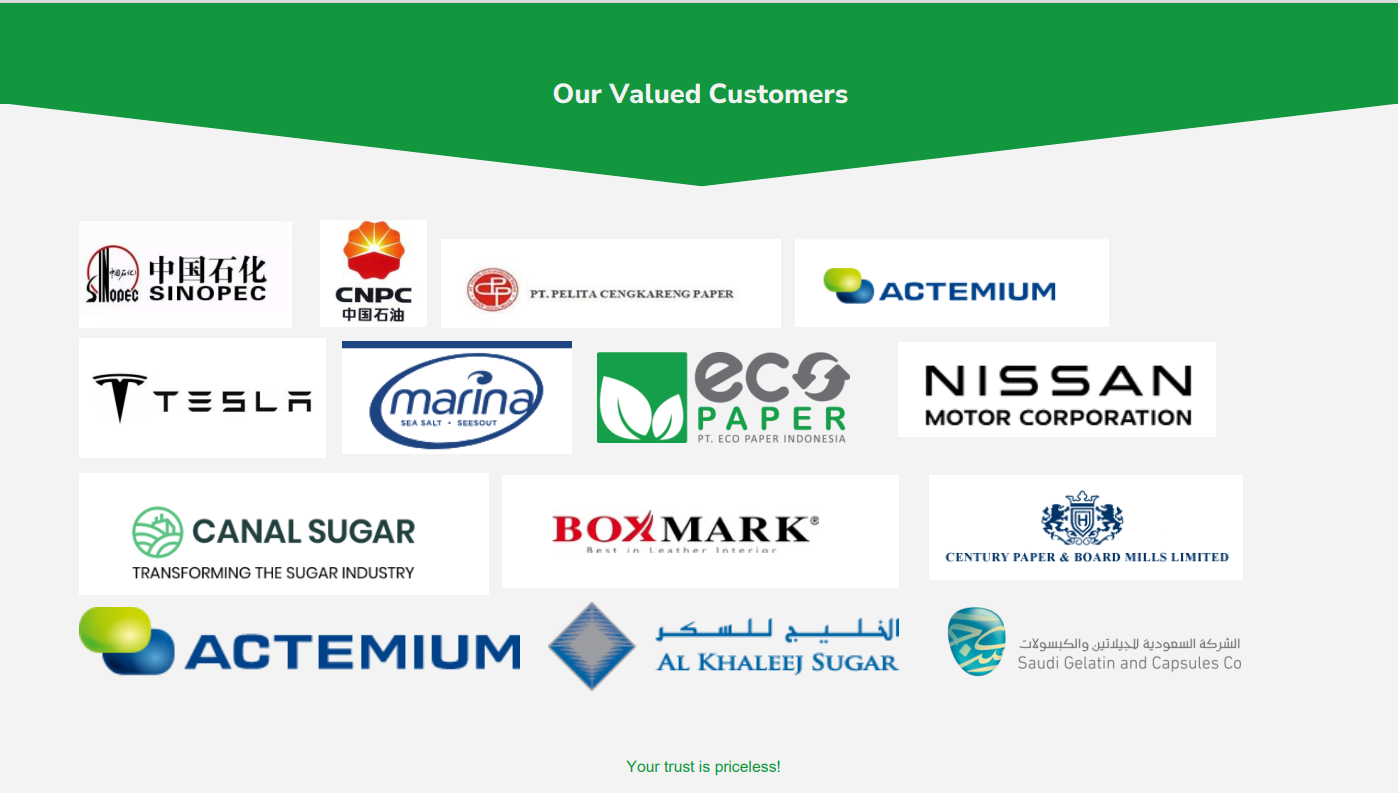Efficient Screening, Precise Grading – Vibrating Screens Boost Modern Industry Quality and Efficiency
What is a Vibrating Screen?
A vibrating screen is a mechanical device that uses vibration principles to screen, filter, or grade materials. Driven by a motor, it generates regular vibrations, causing materials to move relative to the screen mesh, thereby separating particles of different sizes or achieving solid-liquid separation. Known for its efficiency and precision, vibrating screens have become indispensable equipment in modern industrial production.

Wide Applications of Vibrating Screens
Vibrating screens are extensively used across nearly all industries requiring material grading:
- Mining: Ore grading, mineral processing, and other procedures
- Chemical Industry: Screening various chemical raw materials and intermediate products
- Food Processing: Fine screening of powdered foods and additives
- Pharmaceutical Manufacturing: Grading of pharmaceutical raw materials and intermediates
- Environmental Protection: Applications such as sewage treatment and solid waste sorting
- Building Materials Production: Screening cement, sand, and other construction materials
Unique Advantages of Vibrating Screens
- High Processing Capacity: Utilizing vibration principles, materials move in a jumping motion on the screen surface, significantly improving efficiency compared to traditional static screens.
- Versatility: Capable of grading solid materials as well as filtering and purifying liquids for solid-liquid separation.
- Precise Grading: Different mesh combinations allow for exact control over grading standards, meeting various fine screening needs.
- Low Maintenance Costs: Simple structure, stable operation, and easy maintenance greatly reduce operational expenses.
- Eco-Friendly & Energy-Efficient: Enclosed design minimizes dust emissions while maintaining low energy consumption, aligning with modern environmental production standards.
How to Choose the Right Vibrating Screen?
Key factors to consider when selecting a vibrating screen include:
- Material Properties (particle size, moisture, viscosity, etc.)
- Processing Capacity Requirements
- Screening Precision Needs
- Working Environment Conditions
- Automation Level Requirements
Professional vibrating screen suppliers provide customized solutions based on specific customer needs, ensuring optimal performance for production requirements.
Conclusion
Whether for grading solid materials or filtering liquids, vibrating screens deliver efficient and precise solutions. With advancing technology, modern vibrating screens are evolving toward intelligence, higher efficiency, and energy savings, offering reliable technical support for various industries. Choosing the right vibrating screen will significantly enhance production efficiency, reduce operational costs, and serve as an essential asset in modern manufacturing.
Contact Us Today for a Tailored Solution!
Julie
Email: sales@filtrationchina.com
Mobile / WA / WeChat / Line / Viber: +86 159 2865 0174

